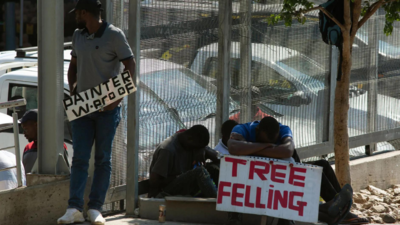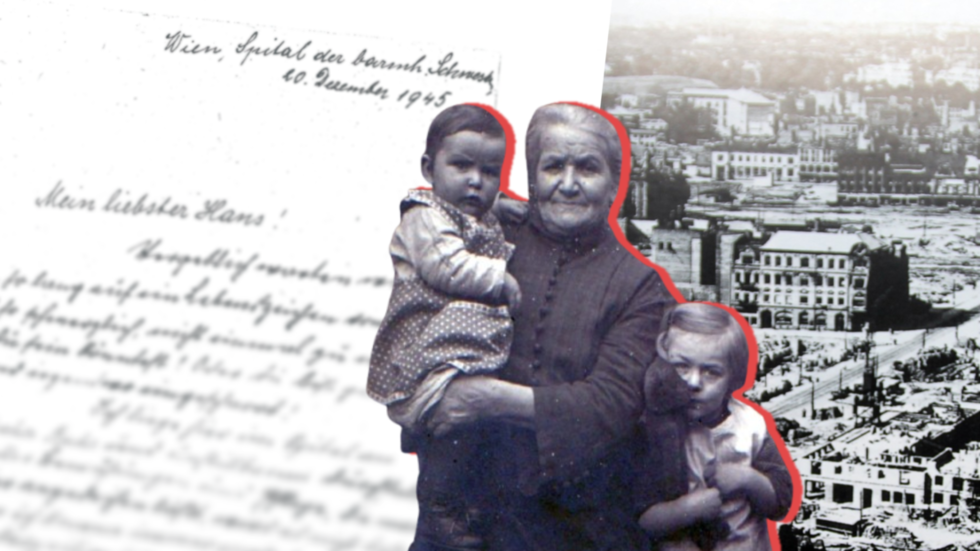
Workers advertise their skills looking for work outside a hardware store in a Johannesburg suburb (Image: AP)
JOHANNESBURG: South Africa's second biggest political party launched a legal challenge Tuesday against a new labour law aimed at boosting the hiring of Black people and other groups in some industries, arguing it is unconstitutional, discriminatory and dampens foreign investment.
The challenge by theDemocratic Alliance, or DA, takes aim at amendments to the Employment Equity Amendment Act that went into effect in January. Intended to force companies to diversify their staff, the new laws have divided the country's unity government, which includes the DA. The measures have drawn fire from the US government under President Donald Trump, who has cited "racist laws" as part of his reasons to cut financial aid to the country and offer to support the relocation of its minority Afrikaner community to the US. The recent amendments give the labour minister the power to set numerical targets for the hiring of Black people, women and people with disabilities in sectors identified by the government as not reaching certain targets. Companies face fines for not reaching the targets. Helen Zille, the federal chairperson of the Democratic Alliance, has described the new law as "totalitarian" and says it discriminates against other groups of South Africans while potentially discouraging foreign direct investment.
"Jobs are created by companies that invest in South Africa. The draconian labour regime created by the Employment Equity Amendment Act will continue to drive away investment and predictably increase unemployment," Zille said. She said the new law is aimed at using racial quotas to address the injustices of the past, and that it would contribute to the country's unemployment rate, which now stands at over 32 per cent.
She said such discrimination in the past has failed to lift up marginalised groups. "It is completely senseless to knowingly intensify a discriminatory regime that has already failed so spectacularly to empower economically marginalised people," Zille said. Though South Africa's constitution allows some discrimination to make amends for past injustice, it must meet a fairness threshold that the DA argues is not met under the new measures, which it describes as "draconian." Official government statistics show that racial and gender disparities in the country's economy remain widespread more than 30 years after the end of the country's white minority rule when Black people faced racial discrimination. The African National Congress party, which is the biggest party in the unity government after losing its parliamentary majority in the 2024 national elections, criticised the Democratic Alliance for its court challenge. "The Employment Equity Act is not about quotas. It is about justice," ANC spokesperson Mahlengi Bhengu-Motsiri said. "It is about correcting structural imbalances in the economy and ensuring that all South Africans have a fair shot at opportunity." It is the latest public spat between the two biggest parties in the unity government who remain ideologically opposed on many issues. The parties also are divided on education and land reform policies dealing with addressing inequalities created under apartheid, the system of segregation under white minority rule which ended in 1994. Two weeks ago the government withdrew plans to increase a value-added tax paid on consumer goods after the DA and most opposition parties opposed it and refused to vote for the budget which contained the tax increase.

 5 hours ago
3
5 hours ago
3










 English (US) ·
English (US) ·